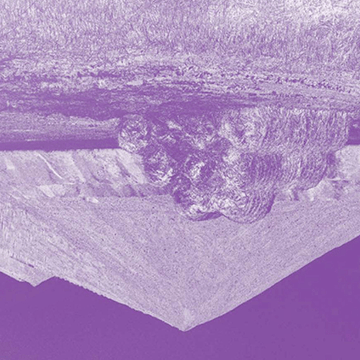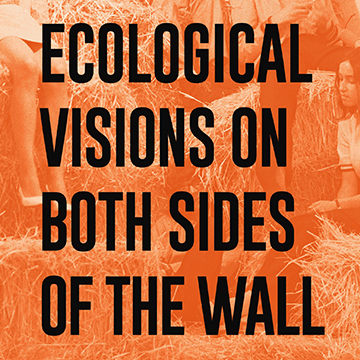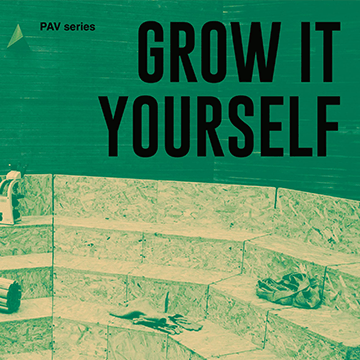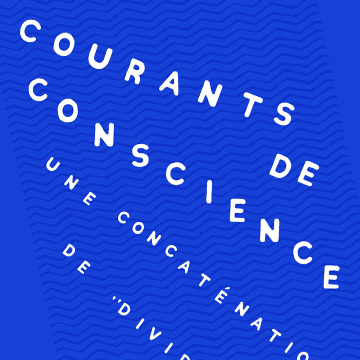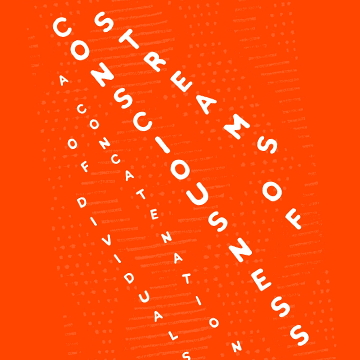Die Erfahrungen des gemeinsamen widerständigen Lebens in der von jeder utopischen Zukunft gelösten Gegenwärtigkeit der späten DDR harren noch immer einer differenzierten Bearbeitung. Ihre Spuren sind in der Erinnerung der damals Involvierten und in zahlreichen Dokumenten und Materialien in Archiven und Sammlungen aufgehoben. Dieses Buch ist das Ergebnis eines vielstimmigen und transdisziplinären Arbeitsprozesses von Künstler*innen, Autor*innen, Forscher*innen, Kurator*innen, Archivar*innen, Aktivist*innen und weiteren Gesprächspartner*innen im Archiv der DDR-Opposition.
Category: Reader
Earthrise
There is no question that ecological ideas acquired a central role in contemporary episteme. In contrast, the heuristic function that these ideas can assume in the current polarisation is questionable: that which, over the last decade, has identified the environmental crisis with the (categorical and totalitarian) concept of the Anthropocene. Ecological discourse positioned itself inside historically situated trajectories that contributed to the transformation of aesthetical paradigms and political practices. In the scenario that 1968 opened up, the transversal nature of subjectivity allowed it to cover different fields, beginning with the tension between the logic of a unitary discourse and the creation of a multiplicity of possible worlds, between the molar and the molecular, the micro and the macro.
Grow it Yourself
There is no question that ecological ideas have by now acquired a central role in contemporary episteme. In contrast, the heuristic function that these ideas can assume in the current polarisation is questionable: that which, over the last decade, has identified the environmental crisis with the (categorical and totalitarian) concept of the Anthropocene. […] Nonetheless, if it is true that the concept of the Anthropocene has its origins in this “change in state” of human activities, the impression remains of being witness to a new form of universalizing anxiety (impatience) that is ready to re-establish and recapture the ecological discourse within a to- talitarian and centralizing narrative, in a sort of modernist, meta-narrative to whose liquidation the environmentalism of the 1960s and 1970s (with its movement-based and destituent nature) had contributed.
Courants de conscience. Reader
Conçue pour la 12ème édition des Rencontres de Bamako ce livre recueille la pensée des écrivains, des poètes et des artistes quant à la pratique de la photographie en Afrique et à travers sa diaspora de part la notion de « courant de conscience ».
La notion de courants de conscience est liée de manière intrinsèque à celle d’une profondeur de la vision : en d’autres termes, elle correspond à l’idée que la vision peut transcender ses confins optiques pour invoquer les autres sens. La photographie en tant que force vectorielle d’une telle conception de la vision, fait acte de prothèse pour combler notre regard appauvri.
Streams of Consciousness. Reader
Conceived for the 12th Edition of the Bamako Encounters this book captures thoughts and responses of writers, poets, and artists to the curators’ proposition to think the practice of photography in Africa and its diaspora through the notion of the “stream of consciousness.”
The moment of capturing an image can be understood as a solidifying of the streams of consciousness which occur in the photographer’s mind in that decisive moment: the photograph then becomes the place of convergence of all conceptual, aesthetic and cultural ideas and associations out of which the impetus to capture arose.
